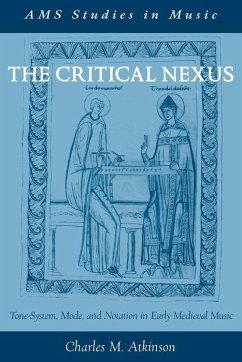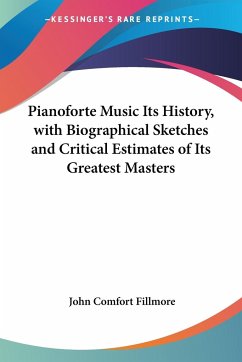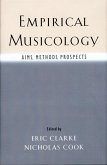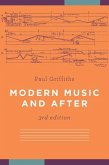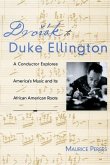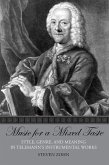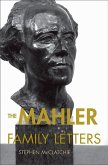The Critical Nexus confronts an important and vexing enigma of early writings on music: why chant, which was understood to be divinely inspired, needed to be altered in order to work within the then-operative modal system. To unravel this mystery, Charles Atkinson creates a broad framework that moves from Greek harmonic theory to the various stages in the transmission of Roman chant, citing numerous music treatises from the sixth to the twelfth century. Out of this examination emerges the central point behind the problem: the tone-system advocated by writers coming from the Greek harmonic tradition was not suited to the notation of chant and that this basic incompatibility led to the creation of new theoretical constructs. By tracing the path of subsequent adaptation at the nexus of tone-system, mode, and notation, Atkinson promises new and far-reaching insights into what mode meant to the medieval musician and how the system responded to its inherent limitations.
Hinweis: Dieser Artikel kann nur an eine deutsche Lieferadresse ausgeliefert werden.
Hinweis: Dieser Artikel kann nur an eine deutsche Lieferadresse ausgeliefert werden.

